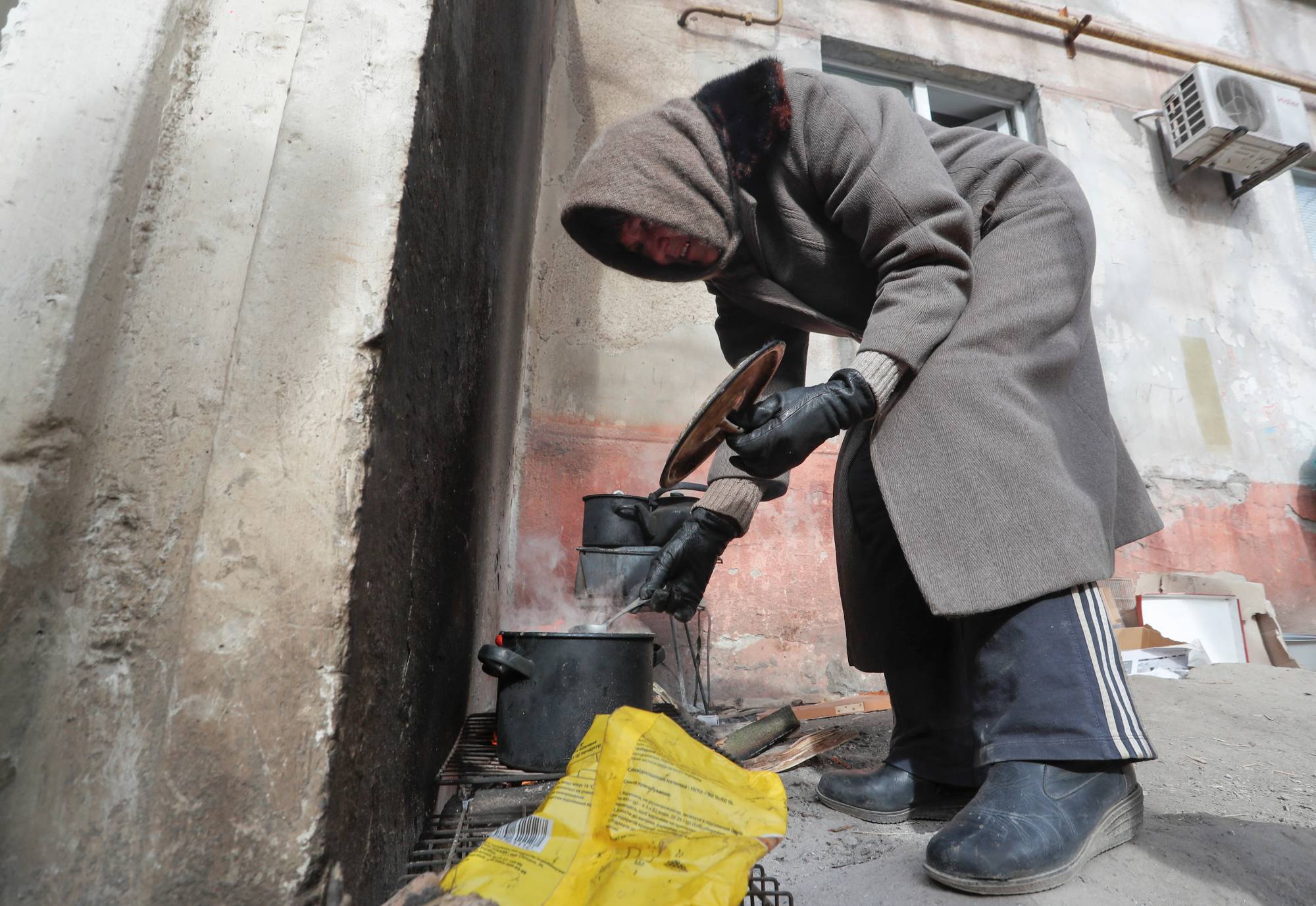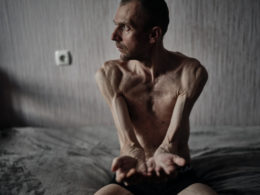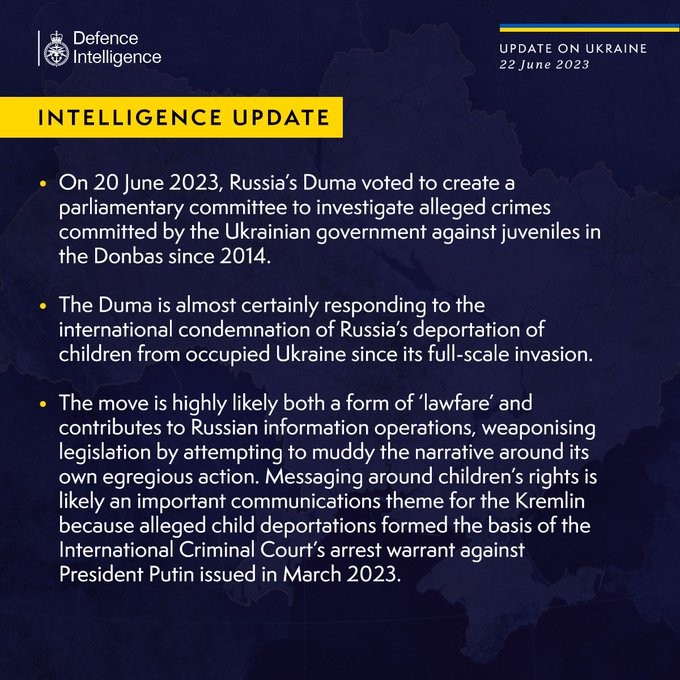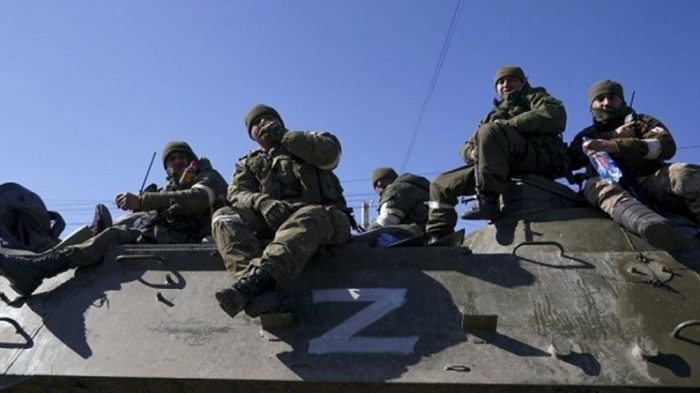Human rights lawyers working with Ukraine's public prosecutor are preparing a dossier to submit to the International Criminal Court (ICC) accusing Russia of deliberately causing starvation during the 18-month full-scale war, The Guardian reported.
The dossier alleges Russia weaponized hunger in three phases, said Yousuf Syed Khan, a senior lawyer with law firm Global Rights Compliance (GRC), assisting Ukrainian prosecutors.
First was besieging cities, cutting supplies, and bombing civilians queuing for food. On 16 March 2022 Russian attack on the supermarket in Chernihiv killed 18 civilians lining up for food. Such incidents also occurred in Kharkiv, Mykolaiv, Sievierodonetsk, Avdiivka, and Vuhledar.
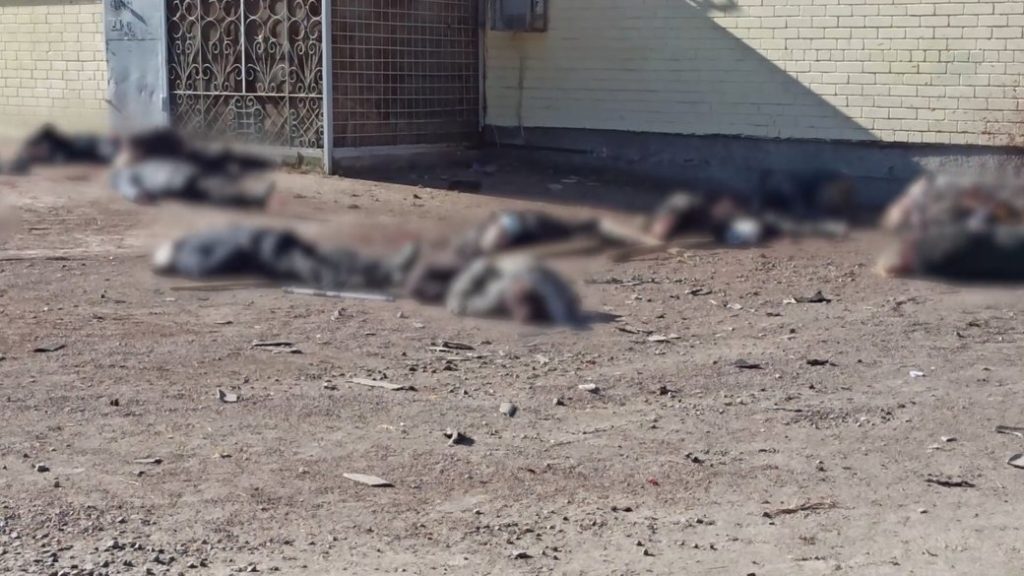
Investigators also focus on Mariupol, where Russia cut off supplies and blockaded residents from leaving the city. Three weeks into the siege, people in Mariupol were forced to drink snow as there was no water in the city.
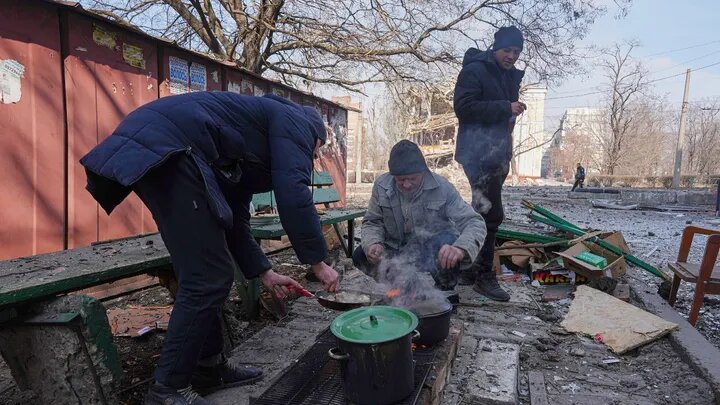
In Kharkiv Oblast, after Russian forces failed to capture the city of Izium in early March 2022, they sieged it for about three weeks until they gained control. Throughout the siege, dire living conditions deteriorated, and evacuation from the city remained dangerous. Witnesses reported that they were largely dependent on food and other basic necessities that they had stockpiled before the siege in their apartments in high-rise buildings. Still, they often could not leave their basements to reach them due to constant shelling.
The second phase includes the widespread destruction of food production infrastructure like grain silos, ports, water pumping stations, and heating plants during the war. Mykolaiv lost water when Russia captured its pumping station. Khan argued these were "not crimes of result but crimes of intent" because “if you are taking out objects that civilians need, like energy infrastructure in the dead of winter, there is a foreseeability to your actions.”
The third aspect is blocking food exports and attacking shipments. Russian missile and drone attacks destroyed 280,000 tonnes of grain in late summer. In addition, Russians destroyed dozens of farms, as in Kharkiv and Sumy oblasts. Farmers in these oblasts sometimes could not sow their fields because of landmines.
https://twitter.com/euromaidanpress/status/1703826429337596333?s=46&t=VjCkks-WV0SVxGp8DlNO_A
References to global hunger as a weapon of war have spread in Russian public discourse. While moderating a discussion with Vladimir Putin at an economic forum, Margarita Simonyan, editor-in-chief of the Russian propaganda media outlet Russia Today, mentioned that she had heard "several times from different people" in Moscow that "All our hope is for famine." According to Simonyan, "now the famine will begin, and [the West] will lift sanctions and be friends with us, because it will realize that this is necessary."
https://twitter.com/SergiyKyslytsya/status/1682424784779354118?s=20
The accusations gained legal standing after the 2018 and 2019 ICC rule changes allowing the prosecution of starvation tactics. GRC aims to trigger an ICC investigation that could indict President Vladimir Putin for overseeing starvation crimes.
The GRC has embarked on a collaborative venture with Ukrainian prosecutors, set to continue through the end of next year, with the primary objective of assembling a robust dossier. This initiative aims to make a significant filing under Article 15 of the Rome Statute, a provision allowing third parties to submit information concerning alleged war crimes to the ICC prosecutor stationed in The Hague.
On 17 March 2023, the Pre-Trial Chamber of the International Criminal Court II issued arrest warrants for Russian President Vladimir Putin and Russian Presidential Commissioner for Children's Rights Maria Lvova-Belova for committing a war crime - the illegal deportation and transfer of children from the occupied regions of Ukraine to the Russian Federation, which has been taking place since at least 24 February 2022
Similar arguments can be made concerning the famine-related crimes, Khan said. “Putin could bear responsibility for having committed the acts directly, jointly with others and/or through others,” he argued, and for a failure to exercise proper control over the Russian military or others accused of specific criminal acts.

